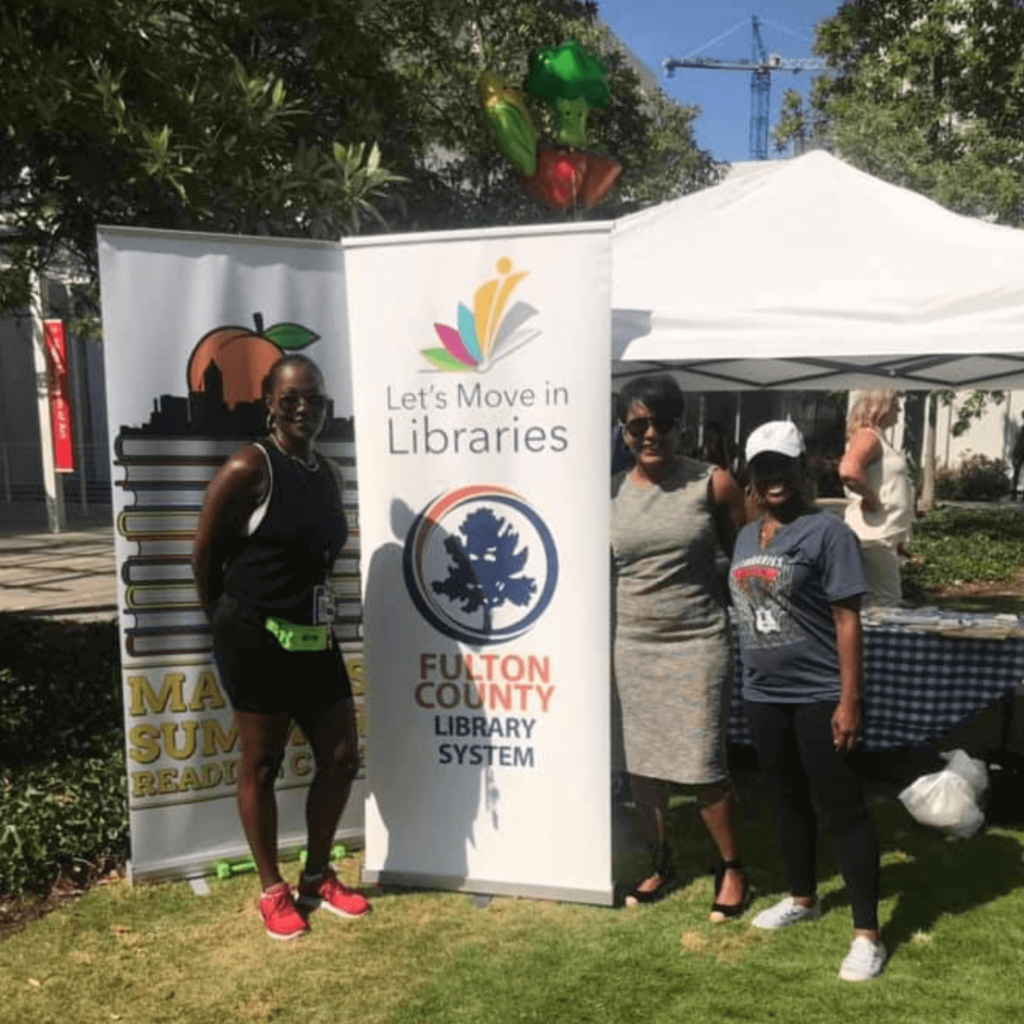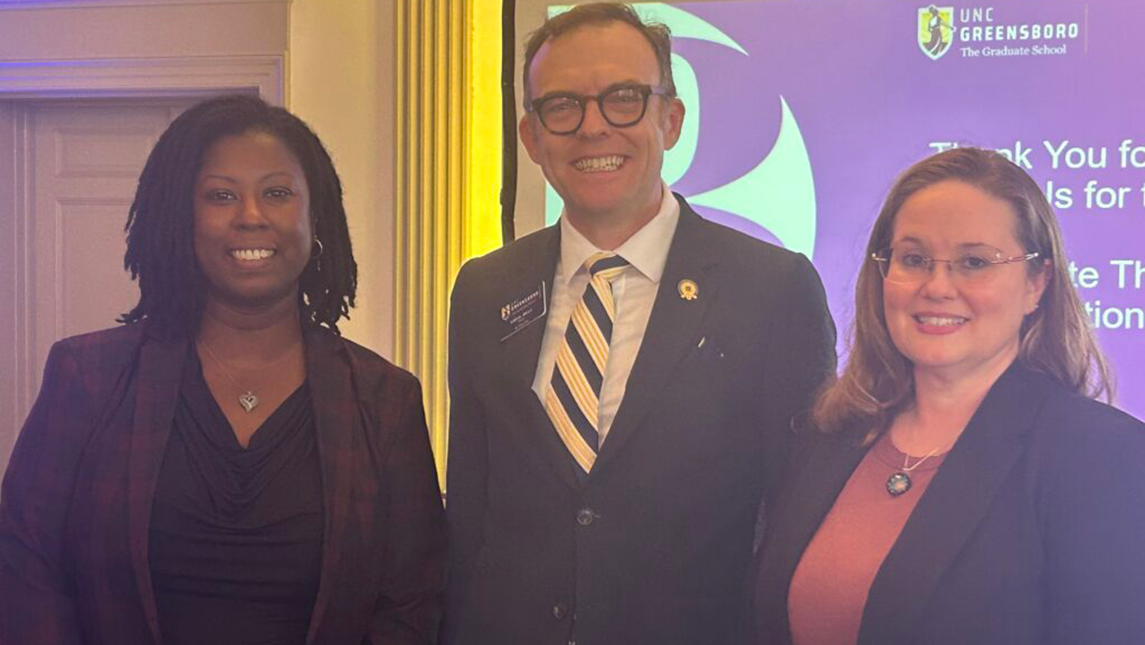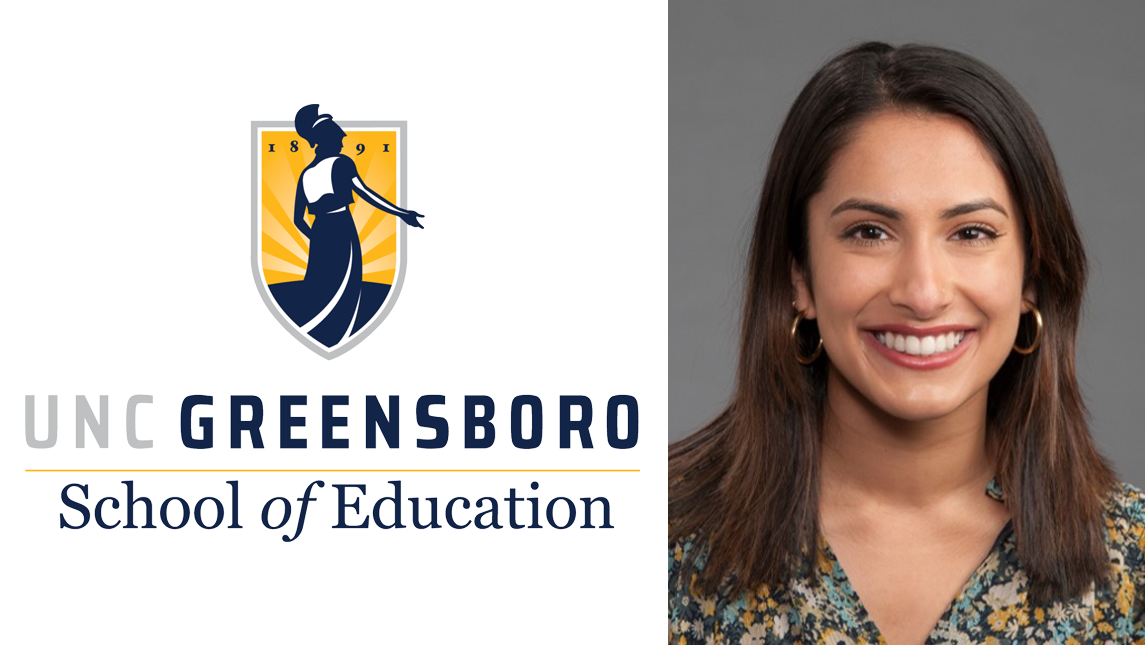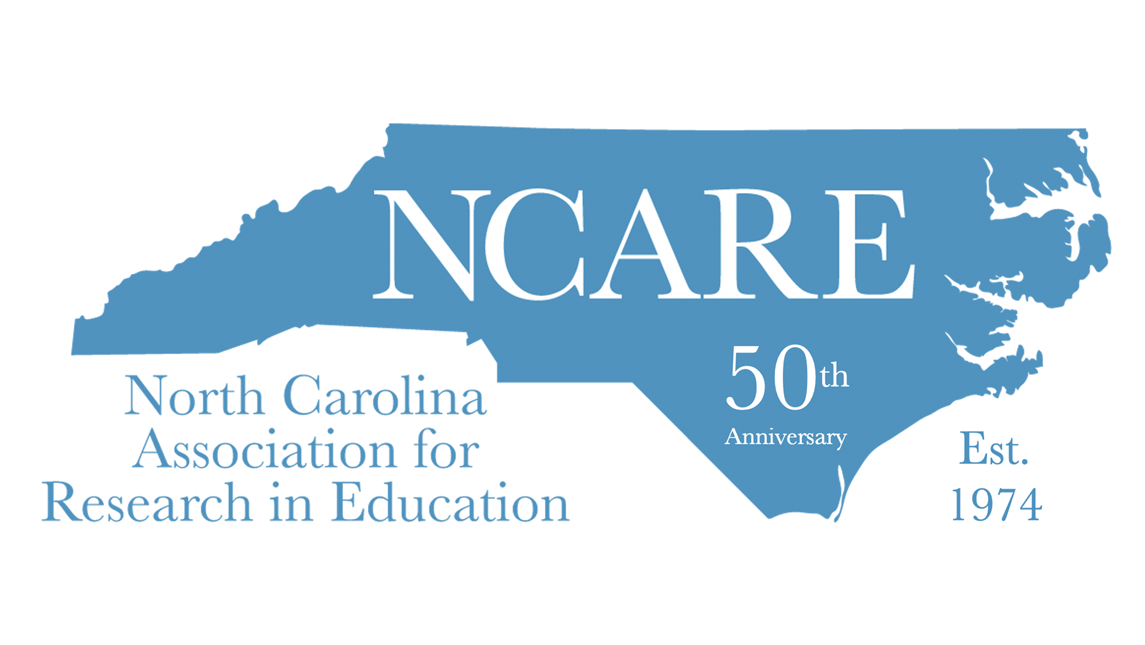This story was originally published in the 2019-2020 issue of Transform magazine. Read more stories from Transform here.
There’s a reason universities are often referred to as “the ivory tower.” Too often, the real-life stories, people, and problems that inspire our research questions fall out of focus in the isolation of the archives, laptops, and laboratories where academic work occurs. Specialized conferences and jargon-filled academic journals limit the range of important findings to other specialists in their fields. Yet universities are also spaces for incredible innovation and the fostering of new ideas.
So how can the university translate research into practical action in our broader communities? How do we provide innovative solutions for the people whose stories and problems inspired our work in the first place?
The Impact Through Innovation initiative (ITI) is the School of Education’s unconventional answer. Through individual and small-group consultation, networking opportunities, and financial investment, ITI helps SOE faculty and students go beyond academia and into communities in need, where they can put their research into practice.
A one-of-a-kind program, ITI offers tailored consulting to work with faculty to re-imagine their research and optimize it for broader social impact. And once a faculty member has conceived of a project, ITI provides support for its development, from conception to testing to expansion.
Take, for example, Professor Noah Lenstra, PhD., of the UNC Greensboro Library and Information Science department. In the course of researching digital literacy and library use among senior citizens, Lenstra discovered that many libraries were starting physical activity programs to support the health of their patrons.
But though Lenstra collected data on such programs as part of his research, he found there was no centralized database for actual library patrons to discover where such programs existed in their communities. Additionally, librarians nationwide had no organized way of sharing resources with each other as they developed active living and health and wellness programs at their individual libraries.
Enter ITI. The initiative helped Lenstra develop a vision plan for a user-friendly website and connected him with a local website designer who built the site to Lenstra’s specifications. ITI awarded the project an Idea Development Award, one of two financial awards available to faculty to facilitate the conception and development of innovative solutions to problems in their fields. While the Idea Starter Award, intended to fund projects at their inception, ranges from $1,000 to $3,000, the Idea Development Award funds projects that are farther along in their development process up to $10,000. Projects can receive both awards as part of their incubation within the Impact Through Innovation initiative.

The result of Lenstra’s partnership with ITI is Let’s Move in Libraries. Now with over 12,000 users, the website translates Lenstra’s research into an easy-to-use resource for library patrons and librarians alike. Library patrons can search a real-time map to find ongoing healthy living programs and events at their local libraries. Librarians across the globe can share or find tips, activities, and initiatives that have worked at other libraries, in addition to the webinars that Lenstra offers.
Lenstra’s project began as a way to collect data for research, but, as Dean’s Fellow of Innovation Scott Young remarked, “by creating something that served a need in the broader world, it was a win for both sides.” ITI’s core mission is to help School of Education faculty and students find precisely this kind of socially-impactful victory in their academic work.
While the financial awards are limited to faculty projects, ITI offers the Kickbox program for undergraduate and graduate courses. Students in courses with Kickbox projects receive resources and guidebooks that follow the same idea development model ITI uses to incubate faculty projects, as well as a $250 pre-paid Visa card. Using the Kickbox resources, students identify a problem and create a project designed to yield an innovative solution.
In a recent School Counseling capstone course that featured a Kickbox assignment, graduate students Genevieve Dubroof, Mary Katherine Scheppegrell, and Brooke Kearney developed a virtual reality, choose-your-own-adventure college tour. Designed for use on virtual reality goggles and iPads, the tour helps high school students who — for financial or geographical reasons — may find it difficult to visit college campuses in person as they consider where to attend. Through a series of questions, the program narrows the field of colleges to a select few that fit the student user’s criteria and allows the user to virtually tour those campuses.
Across each of its services, the Impact Through Innovation initiative is part of the School of Education’s commitment to fostering a culture of innovation and expanding the university’s impact into communities in need. The research is already being done; ITI, Young noted, simply wants to facilitate faculty and students to “think bigger.”
This story was originally published in the 2019-2020 issue of Transform magazine. Read more stories from Transform here.


